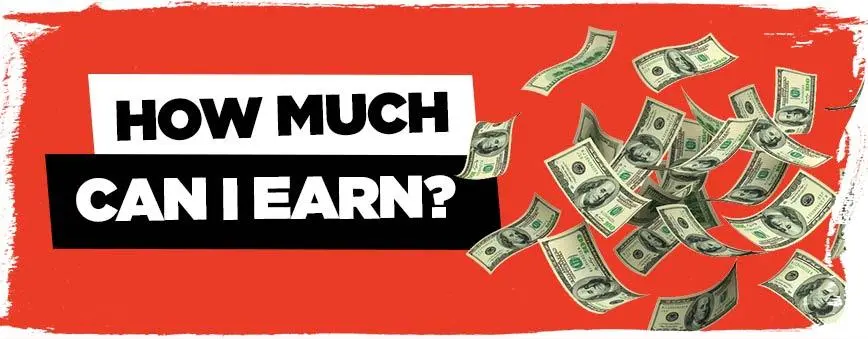France is one of the largest economies in Europe, and one of the richest countries in the world. However, France's economy has faced serious difficulties in recent years, such as high unemployment, low growth, high debt levels, and lack of competitiveness and innovation. France's economic problems not only affect the quality of life of the French people, but also threaten France's position and influence in Europe and the world.

To solve France's economic crisis, the French government has taken a series of measures in the past few years, such as raising taxes, cutting spending, promoting labor market reform, encouraging investment and entrepreneurship, etc. However, these measures have not been very effective, and even provoked some social and political protests and opposition, such as the yellow vest movement, strikes, demonstrations, etc. The French government's reform plan has also been criticised by some economists and think tanks, who think that the French government's reform is too mild, too slow, too symbolic, and does not touch the root causes of France's economy.
One of the critics is Gaspard Koenig, the president of the liberal think tank GenerationLibre. In a recent video interview, he titled "A Modest Proposal", sarcastically suggested that the French government "eat the children", in order to reduce the public burden, increase the population quality, and promote economic development. His real intention is to call for a more radical, simpler, and freer economic reform, to adapt to the era of globalisation and digitalisation. His reform proposals include the following points:
- Drastically reduce public spending, reduce the public spending to GDP ratio from the current 56% to below 35%, in order to reduce debt, ease taxes, improve efficiency, reduce waste, and avoid interfering with the market.
- Drastically simplify the tax system, eliminate all tax preferences, subsidies, exemptions, and complex tax rules, implement a uniform average tax rate, in order to improve tax fairness, transparency, and convenience, incentivise production, consumption, and investment.
- Drastically relax the labor law, eliminate all working hours limits, minimum wages, fixed contracts, and dismissal restrictions, implement full employment freedom, in order to increase the flexibility, adaptability, and competitiveness of the labor market, create more employment opportunities, improve job satisfaction, and wage levels.
- Drastically promote entrepreneurship and innovation, eliminate all administrative approvals, permits, and regulations, implement full market openness, in order to encourage innovation, entrepreneurship, and competition, cultivate more entrepreneurs, scientists, and artists, improve France's technology, culture, and soft power.
Gaspard Koenig's reform proposals are undoubtedly very radical, very challenging, very controversial. His reform proposals may be opposed by many people, especially those who are used to enjoying France's welfare system, protectionism, and state intervention. His reform proposals may also bring a lot of risks, uncertainties, and inequalities. However, his reform proposals may also bring a lot of opportunities, motivation, and vitality. His reform proposals may also enable France's economy to get out of trouble, regain confidence, and reshape glory.
The prospect and challenge of French economic reform is a complex and important topic, which deserves our in-depth consideration and discussion. What should we make of Gaspard Koenig's reform proposals? How should we judge the French government's reform programme? How can we contribute to France's economic future? There are no easy answers to these questions, but we have a responsibility to seek them, because France's economy matters not only to the well-being of the French people, but also to the peace and prosperity of Europe and the world.







